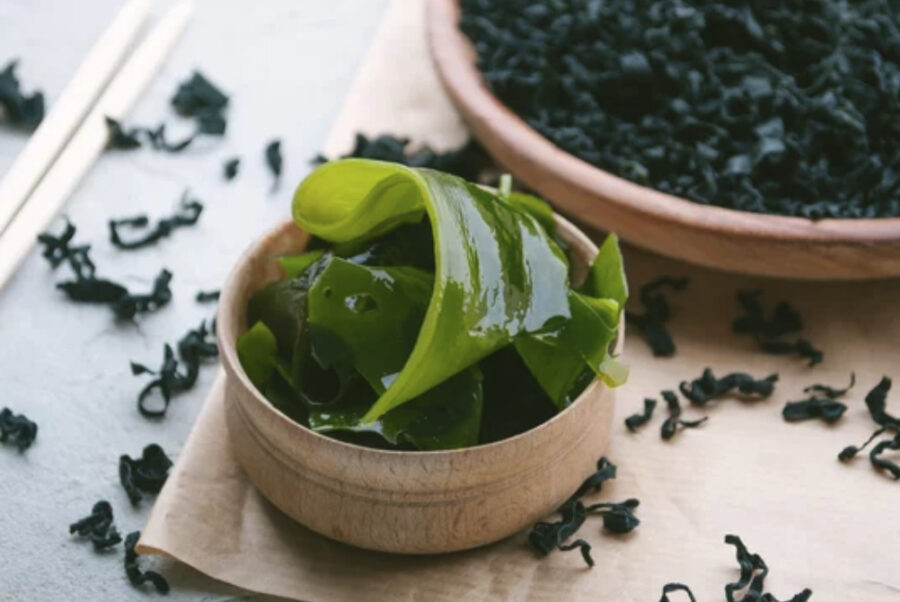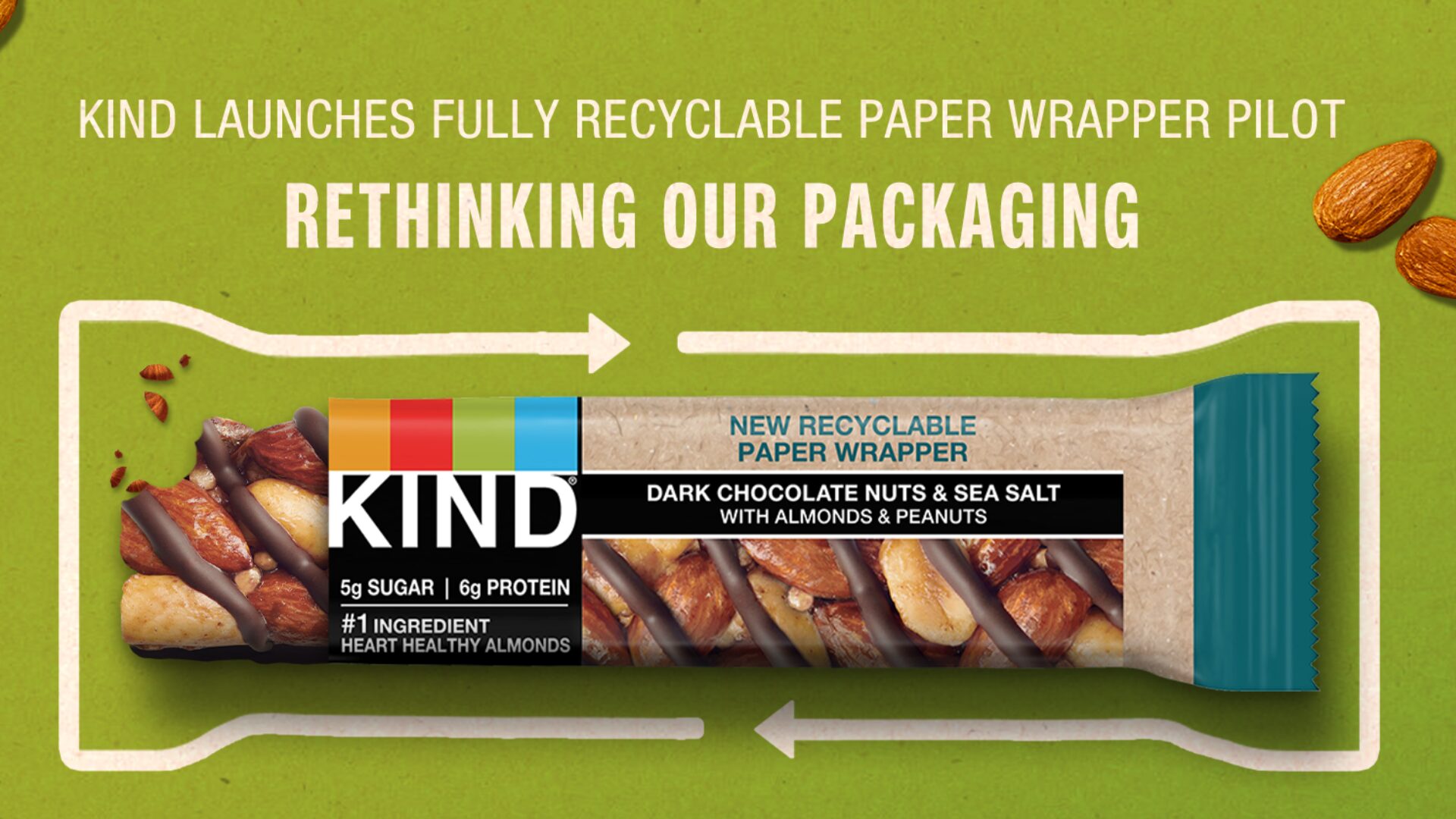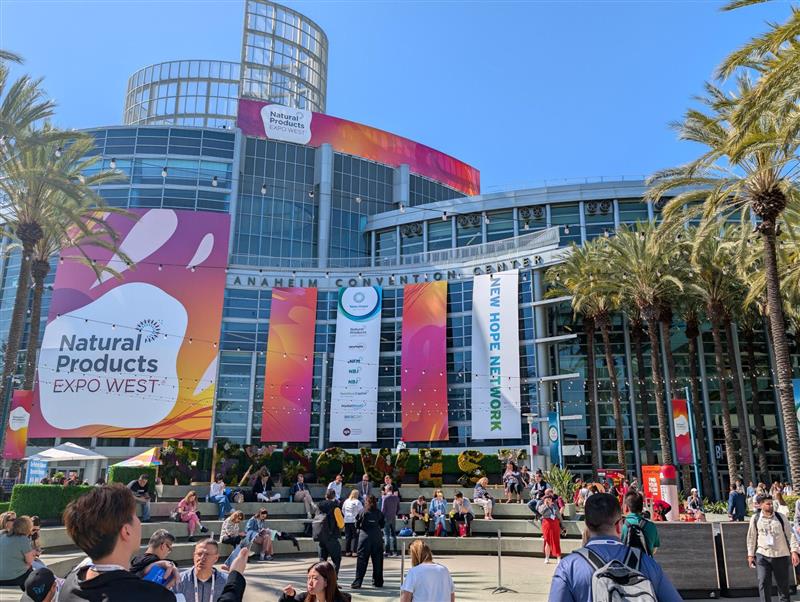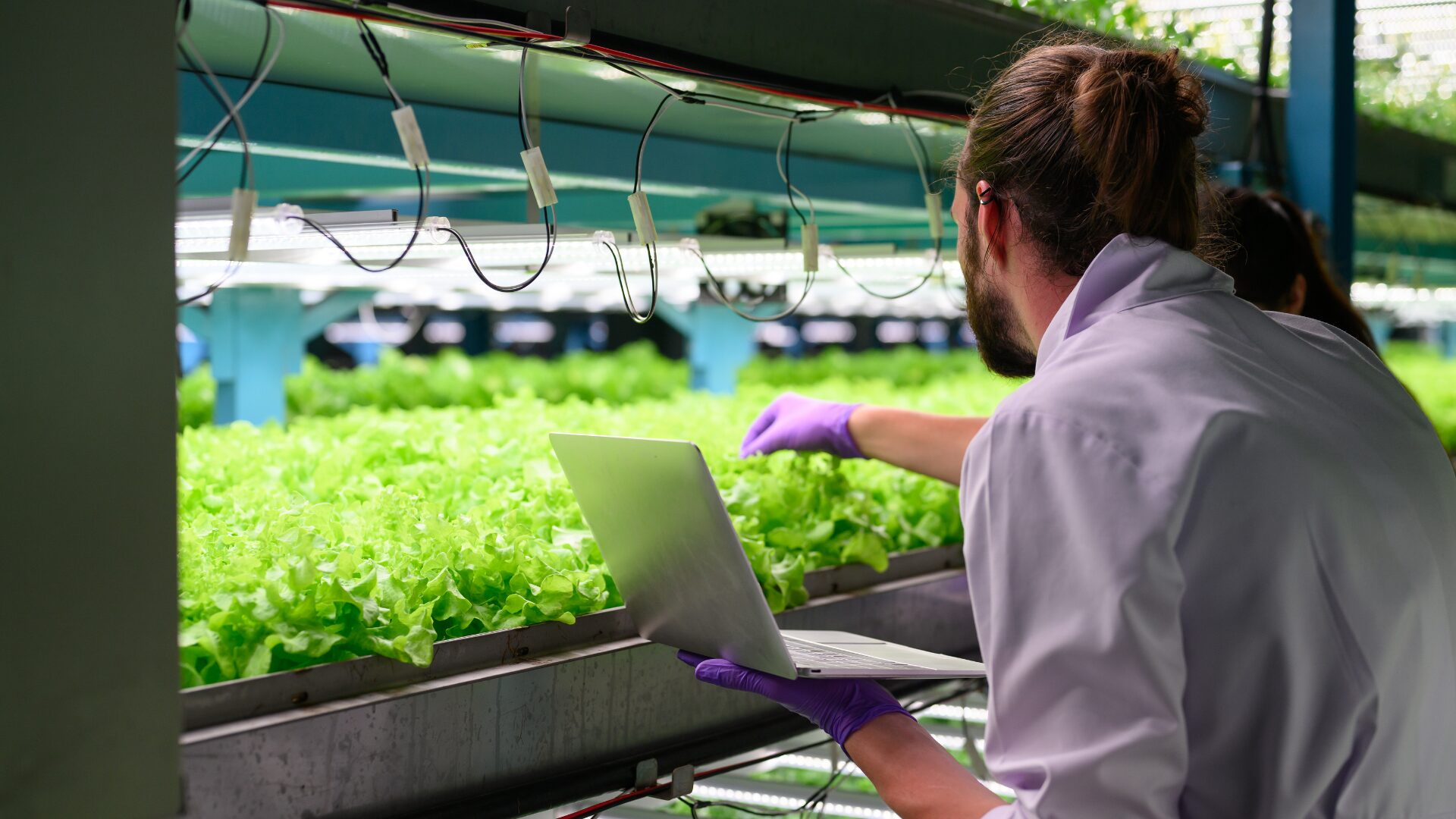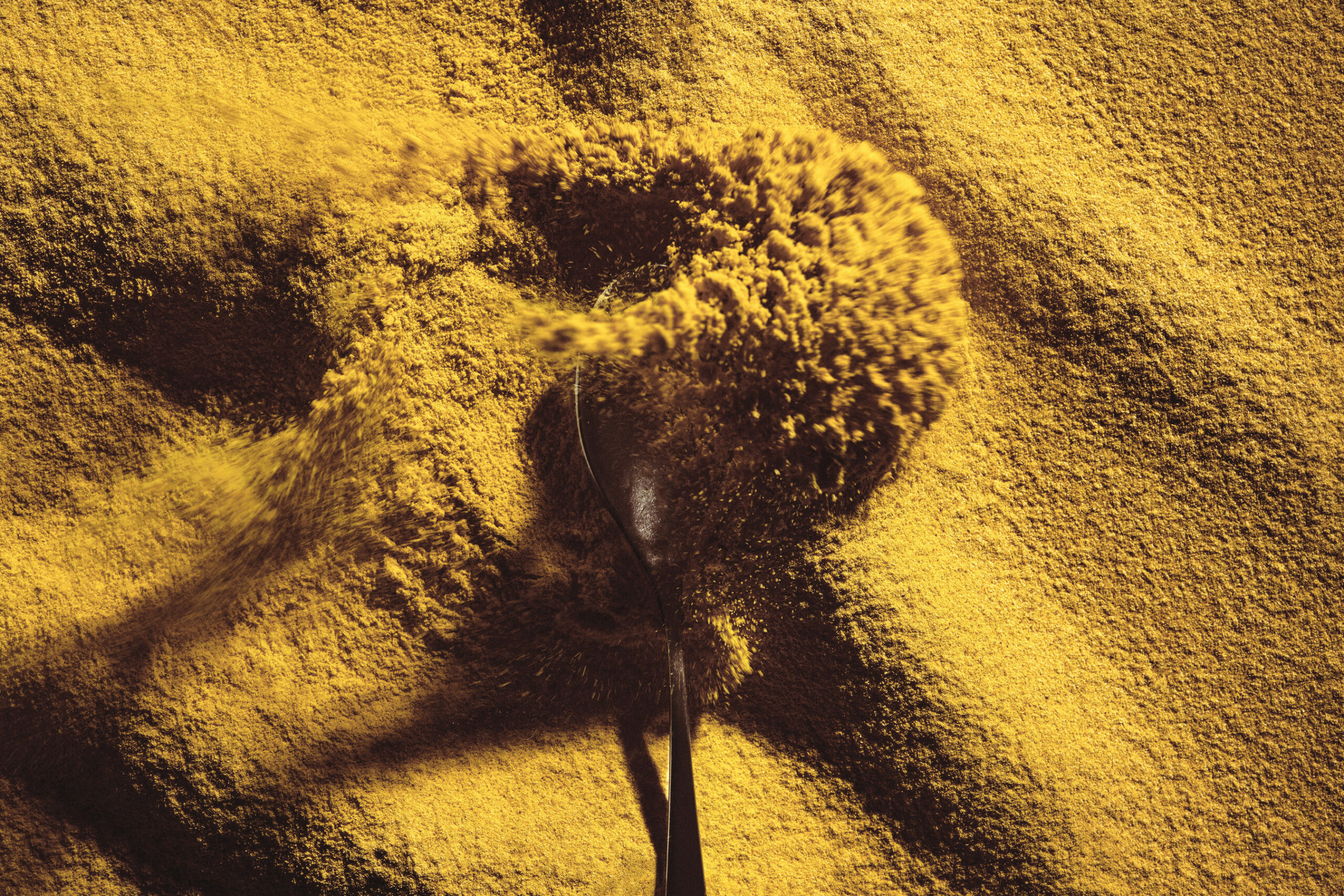On paper, kelp has all the qualities that should appeal to today’s consumer. Kelp is a superfood, rich in vitamins K and A, rife with calcium, iron, and magnesium, and it’s one of the best natural sources of iodine there is, which balances hormones and regulates metabolism.
Kelp is also sustainable. It grows fast, does not require fertilizer, and removes carbon dioxide from the air. In fact, coastal ecosystems can sequester up to 20 times more carbon per acre than land forests.
Globally, it is estimated that seaweeds (kelp included) sequester nearly 200 million tonnes of carbon dioxide every year, which is equal to New York state’s annual emissions.
“Kelp is good for you, good for our oceans, and good for our food systems,” Jesse Baines, CMO at Atlantic Sea Farms told The Food Institute.
“It’s a regenerative, zero-input crop, which means no pesticides, herbicides, feed, or even irrigation or land to grow,” Baines said. “That’s pretty amazing as we look at better ways to feed people nourishing food.”
And yet, a lack of consumer education about seaweed and kelp products in the U.S. and Europe has limited market growth thus far. One recent study from CREA Research Centre for Engineering and Agro-Food Processing and the University of Molise found that consumers with western diets were willing to try seaweed in food but had very little experience with it. Meanwhile, other studies have consistently identified familiarity as a key indicator of consumers’ willingness to accept seaweed products, begging the question, if familiarity inspires acceptance, what will it take for consumers to get comfortable with kelp?
A study published by earlier this year explored how marketing the benefits of kelp aquaculture on the ecosystem impacts consumers’ perception of products containing farmed kelp. In other words, does educating consumers about the environmental advantages of kelp increase their willingness to buy kelp products?
Simply put: Yes, it does. Researchers found a statistically significant increase in consumer willingness to pay for kelp products after receiving a brief education on how it services the ecosystem.
All it took to change consumers’ perception was a 90-second video. Designed to be simple and concise, the video consisted of a voiceover slide presentation that conveyed easily digestible definitions, images, and graphics about the benefits of kelp aquaculture.
The educational video was not a cinematic masterpiece, but it wasn’t designed to be. And according to the researchers, the efficacy of their simple video could signal a promising future for the kelp industry in the United States.
“This study was able to demonstrate this change [in consumer preferences] with a generalized and basic video,” the study authors wrote. “We would assume that targeted marketing material produced by public and private organizations would have a greater effect than demonstrated in this study.”
The researchers demonstrated a valuable proof of concept. Educating consumers on the ecological advantages of kelp farming will increase their willingness to spend. Now, it’s up to the industry to put that lesson into practice.


